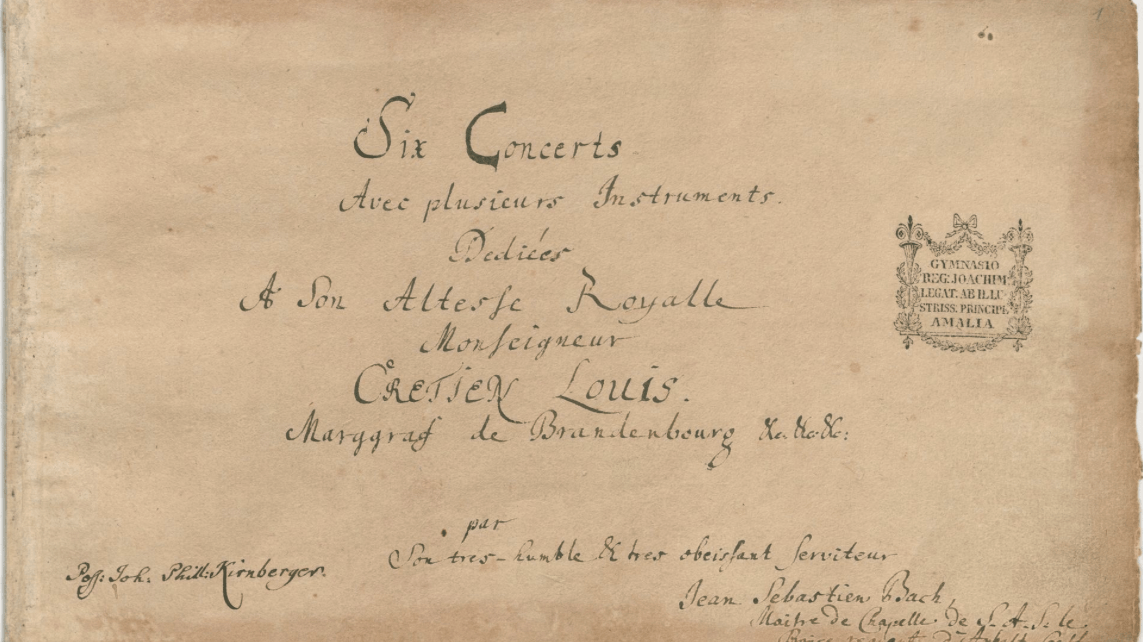Bach’s Unopened Résumé: Brandenburg Concerto No. 5
In October, we began working our way through Bach’s six Brandenburg Concertos. Today’s post continues the series. Follow these links to revisit the First, Second, Third, and Fourth Concertos. In each of J.S. Bach’s six Brandenburg Concertos, a new and distinctive cast of musical “characters” take the stage. They spring to life and converse in the thrilling drama of the concerto grosso, a popular Baroque form in which groups of solo instruments interact …






